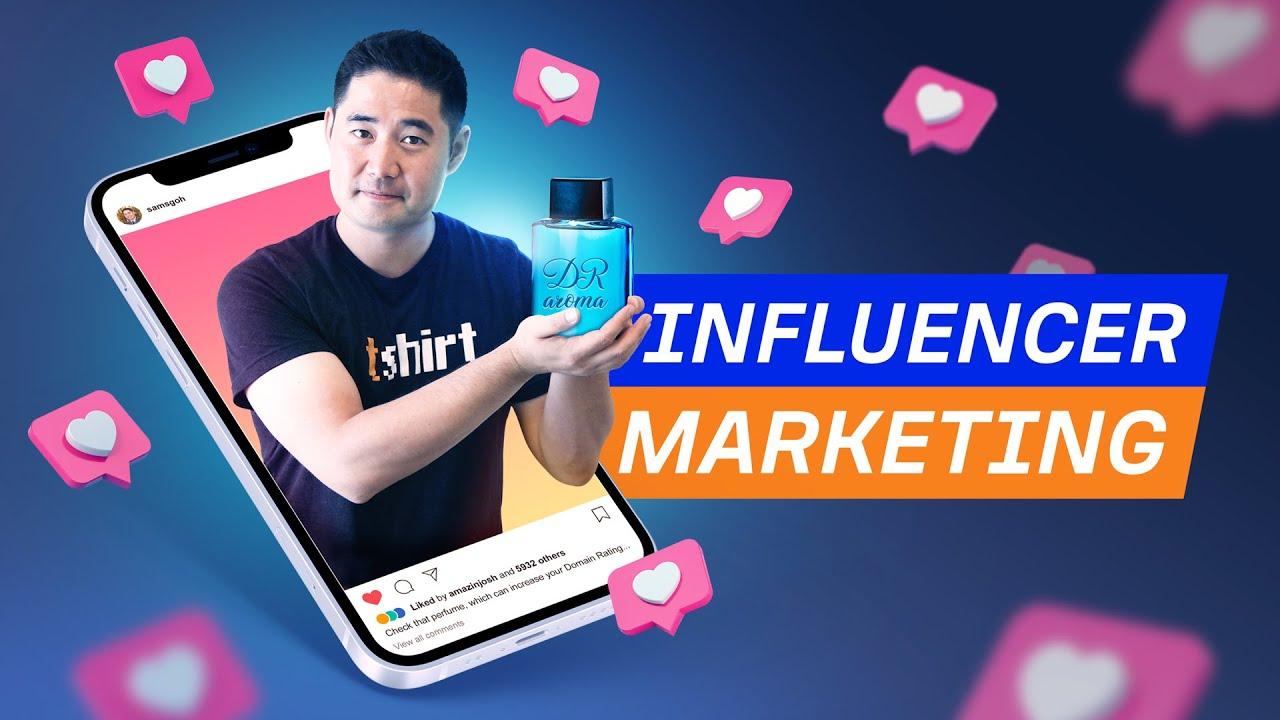
In the ever-evolving landscape of digital marketing, few realms have witnessed such explosive growth as influencer marketing on platforms like YouTube. As content creators harness the power of their reach, brands are increasingly turning to these influencers to connect with audiences in authentic and engaging ways. Though, amid the excitement and potential for success lies a complex web of legal considerations that every participant must navigate. From advertising disclosures to intellectual property rights,understanding the regulatory framework is essential for both influencers and brands to foster clear,compliant partnerships. In this extensive guide, we will demystify the legal intricacies of YouTube influencer marketing, equipping you with the knowledge needed to thrive in this dynamic marketplace while steering clear of potential pitfalls. Whether you’re a seasoned influencer or a brand looking to break into this vibrant community, join us as we peel back the layers and reveal the essential strategies for navigating the law in the influencer arena.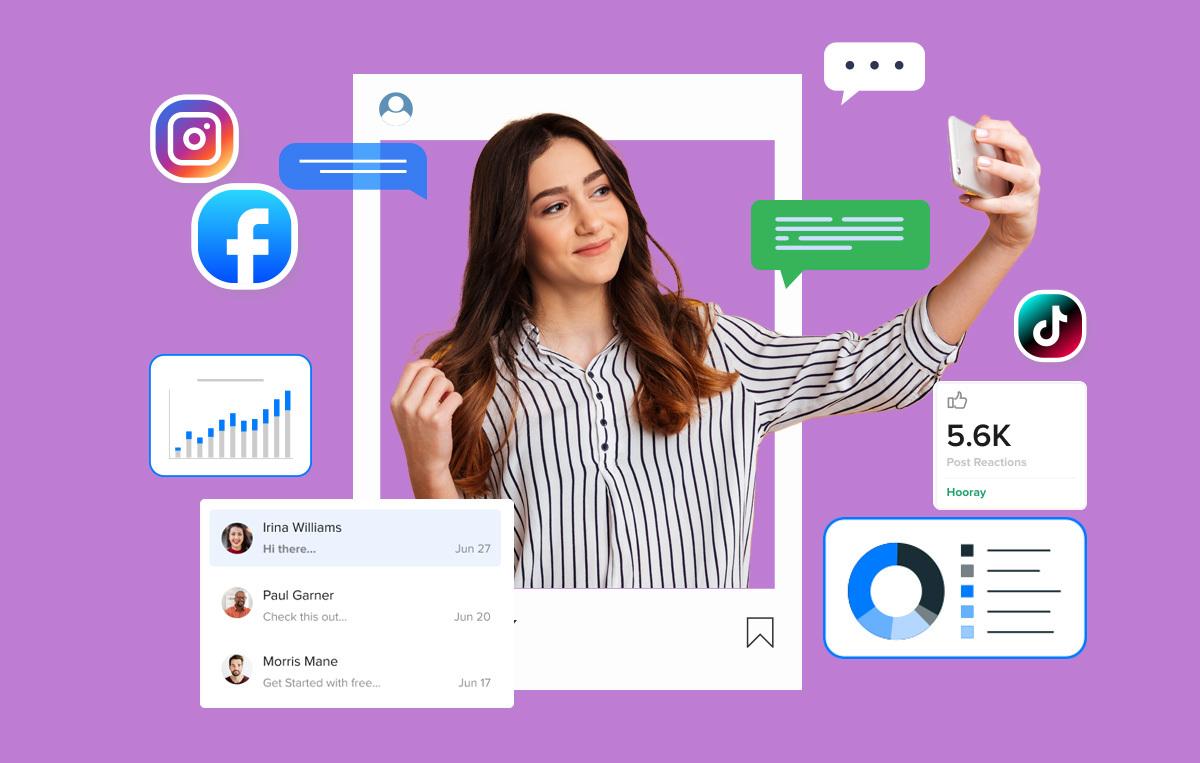
Understanding Legal Obligations in Influencer Marketing
In the fast-paced world of influencer marketing,understanding legal obligations is crucial for both influencers and brands. The Federal Trade commission (FTC) has established clear guidelines to ensure openness and honesty in advertising. Key requirements include the necessity of disclosing any paid relationships with brands in a way that is clear and understandable to the audience. This means using language that resonates with viewers,such as #ad or Paid Partnership. Failure to comply with these regulations can lead to serious consequences, including penalties and damage to reputation.
Moreover, beyond the FTC regulations, influencers must also be aware of copyright laws related to content creation. This includes respecting the intellectual property rights of music, images, and video clips used in their content. It is essential to seek permission or use licensed materials to avoid infringement claims. To summarize the fundamental legal points influencers should keep in mind, the following table outlines vital considerations:
| Legal Obligation | Description |
|---|---|
| Ad Disclosure | Clearly indicate paid partnerships with hashtags or disclaimers. |
| Intellectual Property | Avoid copyright infringement by using licensed or original content. |
| Endorsement Guidelines | Be honest about experiences and avoid misleading claims. |
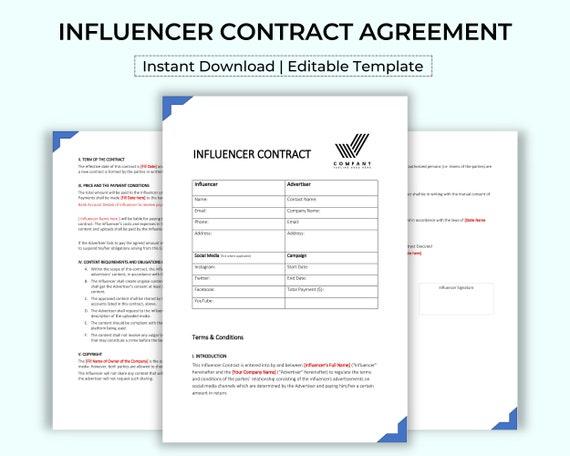
Crafting Compliant Contracts with YouTube Influencers
When collaborating with YouTube influencers, crafting compliant contracts is essential to ensure that both parties understand their rights and obligations. A well-structured contract will not only protect your brand but also foster a trustworthy relationship with influencers.Key elements to include are:
- Scope of Work: Clearly define the expectations, including deliverables, timelines, and the nature of content to be created.
- Compensation: Specify the payment structure, whether it’s a flat fee, commission, or product-based compensation.
- Disclosure Requirements: Include guidelines for proper disclosure of sponsored content in accordance with FTC regulations.
- Termination Clause: Establish terms under which the contract can be terminated by either party, along with any penalties for early termination.
Another vital consideration is intellectual property rights. Clearly assign ownership of the content created and specify how it can be utilized in future marketing efforts. You may also want to include a confidentiality clause to protect sensitive information shared during the partnership. To visualize these elements, the following table summarizes crucial contract components:
| Contract Component | Description |
|---|---|
| Scope of Work | Details on what the influencer is expected to produce. |
| Compensation | Agreed payment terms and methods. |
| Disclosure | FTC guidelines on sponsored content. |
| Termination | Conditions for ending the contract prematurely. |
| IP Rights | Ownership and usage rights of the created content. |
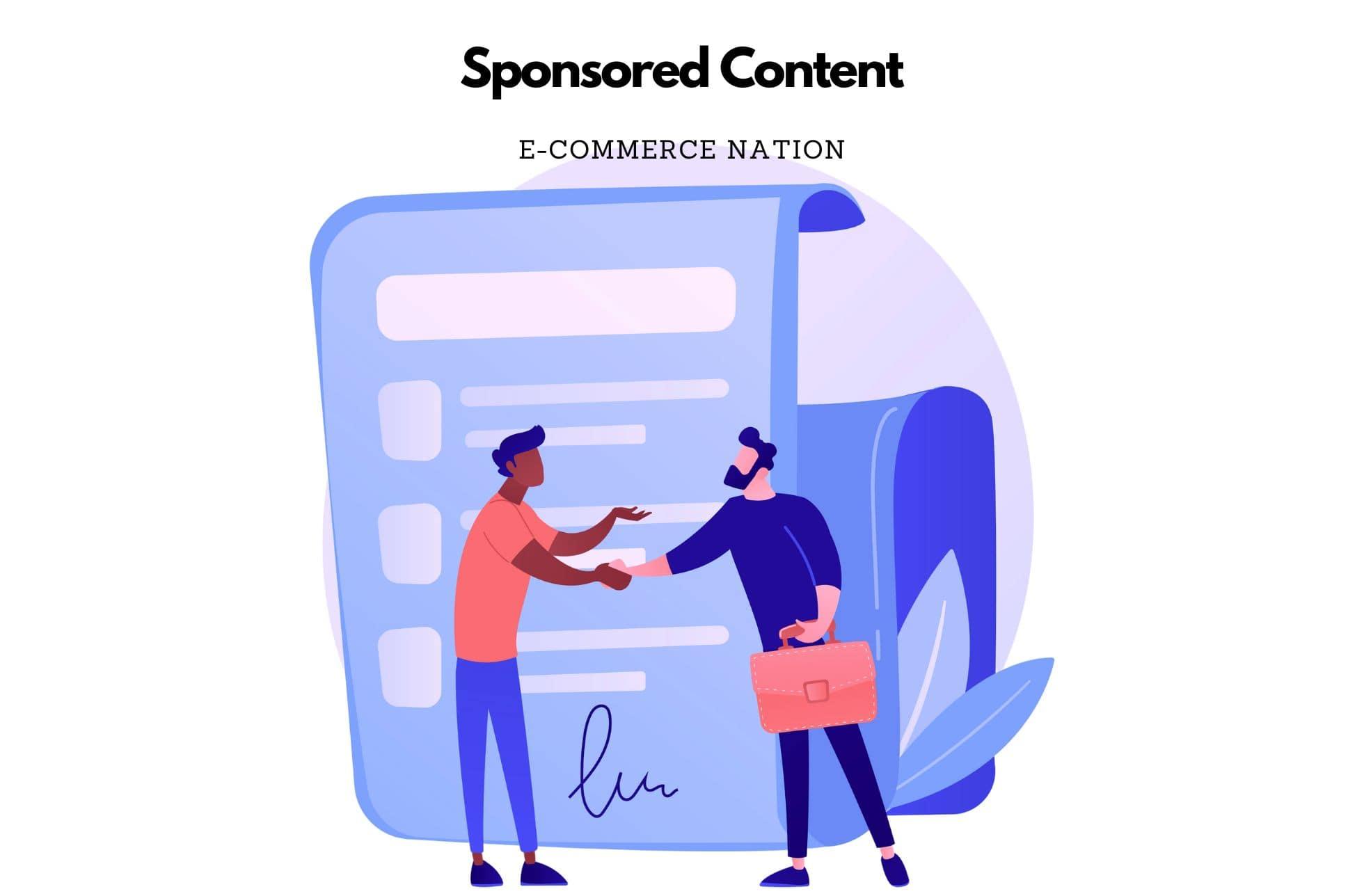
Disclosing Sponsored Content: Best Practices for Transparency
In the age of digital marketing, transparency is crucial for maintaining trust with your audience. To ensure you’re properly disclosing sponsored content, consider the following best practices:
- Use Clear Language: Phrases like “paid partnership” or “advertisement” should be prominently featured in your video’s title or description.
- Be consistent: make a habit of disclosing sponsorships in every relevant video to establish a standard practice.
- Visual Indicators: Adding text overlays during the video can reinforce your disclosure, providing viewers with immediate context.
understanding the legal implications of sponsored content is vital. Here’s a simple table to clarify some key elements related to disclosures:
| Disclosure type | Platform Requirement |
|---|---|
| Paid Sponsorships | Must be disclosed verbally and in writing. |
| Gifted Products | Clearly indicate in the description if items were provided for free. |
| Affiliate Links | State that you may earn a commission from purchases made through the link. |
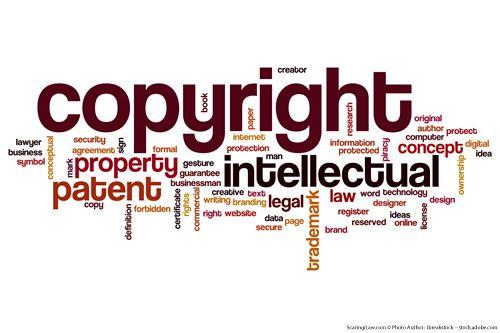
Navigating Copyright and Fair Use in Video Collaborations
When collaborating on video projects, understanding copyright and fair use is crucial for both content creators and influencers. Creators must ensure that any pre-existing content, whether it’s music, images, or video clips, is used legally. Fair use allows for limited use of copyrighted material without permission, usually under specific conditions such as commentary, criticism, or educational purposes. Though, this can be a gray area, so it’s essential to consider the following aspects before diving into video collaborations:
- Transformative Use: Does your use add new meaning or expression to the original content?
- Amount Used: How much of the original work will you incorporate?
- Market Effect: Will your use affect the market or potential value of the original work?
To further clarify the nuances of copyright, it’s helpful to recognize when licensing is needed opposed to relying solely on fair use. Below is a simple guideline to assist in determining if licensing is necessary:
| Content Type | Licensing Required? |
|---|---|
| Music Tracks | Yes, unless it’s royalty-free |
| Stock images | Yes, if not in the public domain |
| Video Clips | Yes, unless covered by fair use |
By comprehensively understanding these elements, influencers can navigate the legal labyrinth of copyright and fair use more effectively. Clear interaction with all collaborators about content ownership and permissions will not only safeguard your creative output but also foster a more transparent and cooperative working surroundings.
Final Thoughts
As we conclude our journey through the intricate landscape of YouTube influencer marketing, it’s clear that the blend of creativity and compliance is not just a best practice—it’s essential. navigating the law in this dynamic realm requires an astute awareness of regulations, transparency, and ethical considerations. As influencers harness their unique voices and brands strive to connect with passionate audiences, understanding the legal framework surrounding partnerships can empower success while safeguarding integrity.
By arming yourself with knowledge from this guide, you’re better equipped to strike the right balance between engaging content and legal responsibility. The world of influencer marketing is ever-evolving, and staying informed is key to thriving in this sphere. As you embark on your own influencer ventures or collaborate with creators, remember that authenticity and transparency will always resonate with audiences.
Embrace the challenges and opportunities that lie ahead, for as the digital landscape continues to transform, so too will the rules that govern it. Navigate wisely, creatively, and with a steadfast commitment to ethical collaboration. The future of influencer marketing is bright, and you now hold the map to guide you through its complexities. Thank you for joining us on this enlightening exploration—may your influencer journey be both legally sound and immensely rewarding.